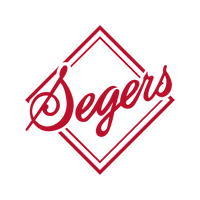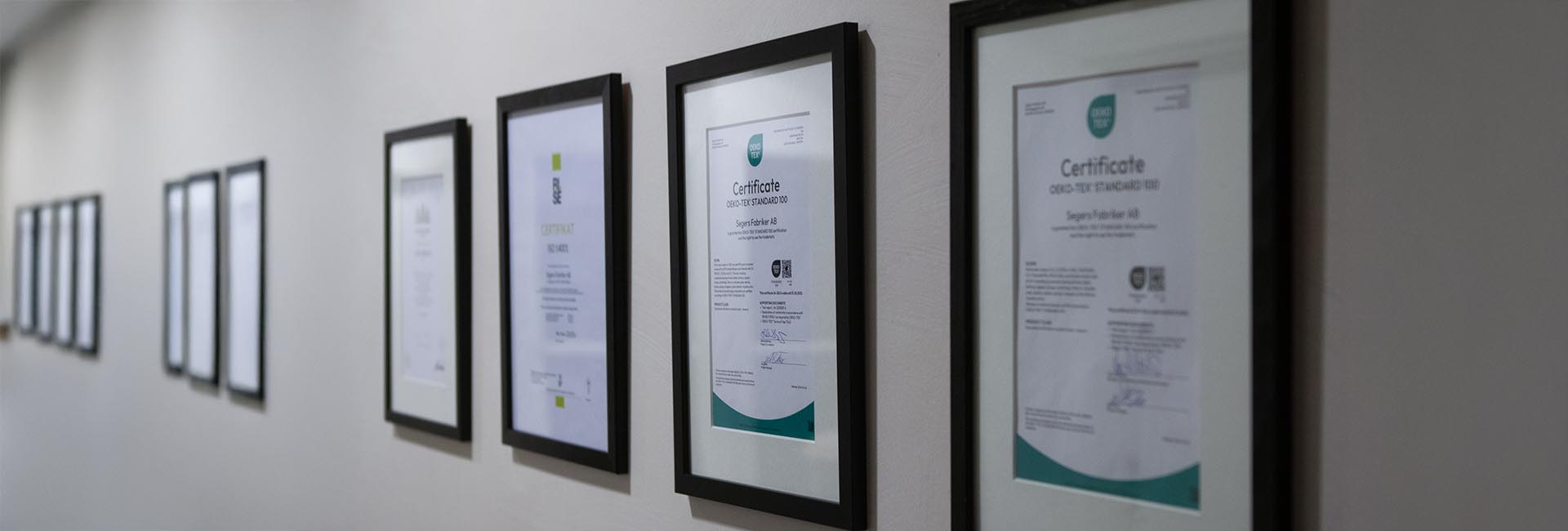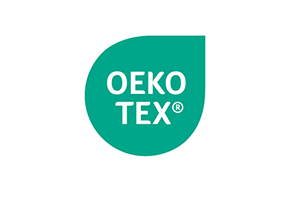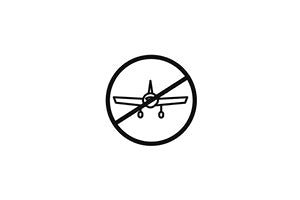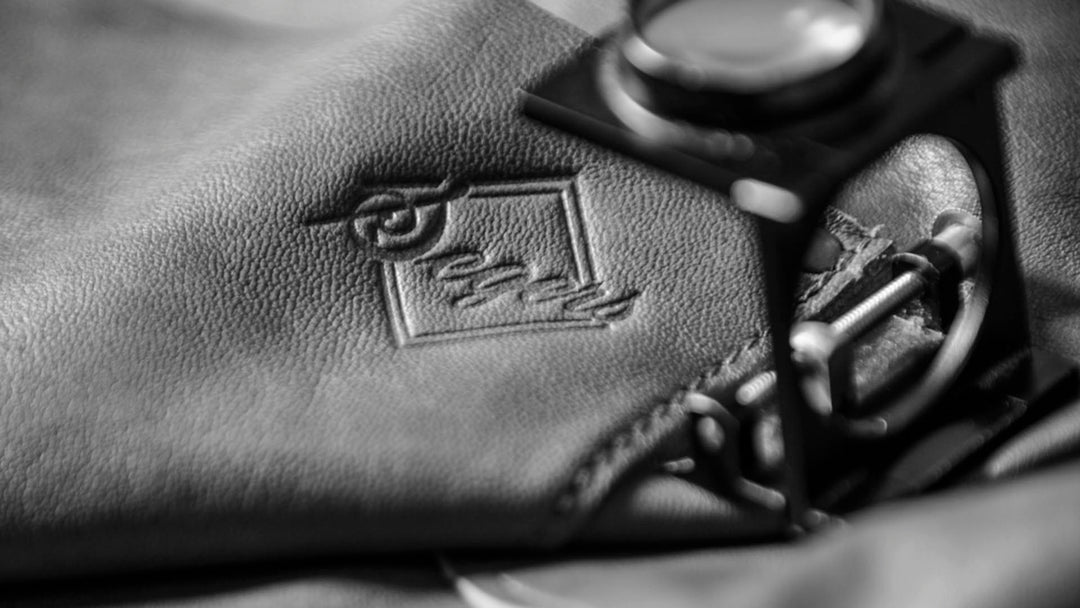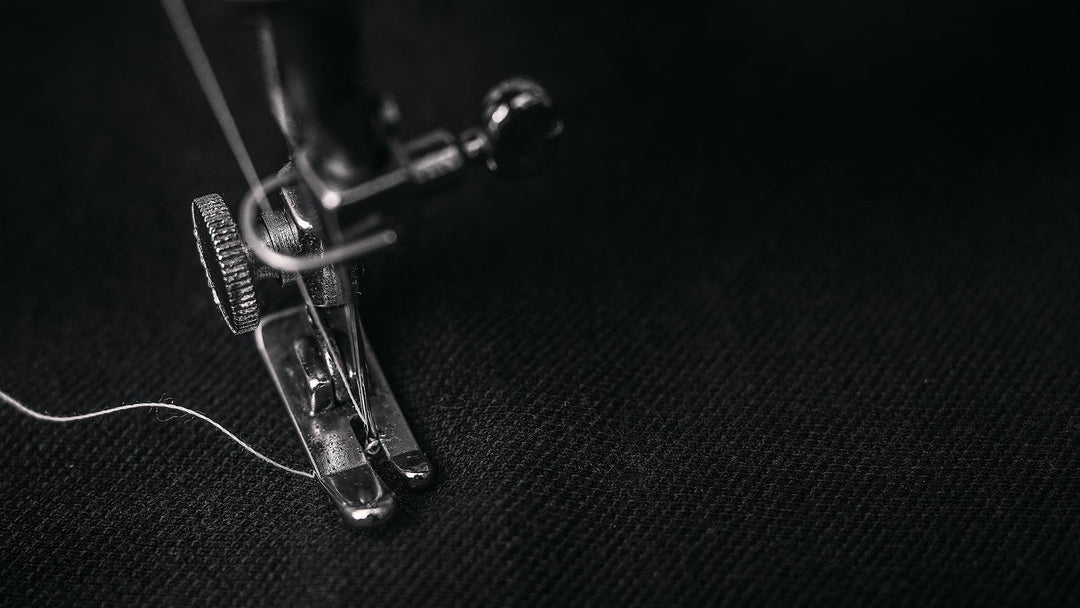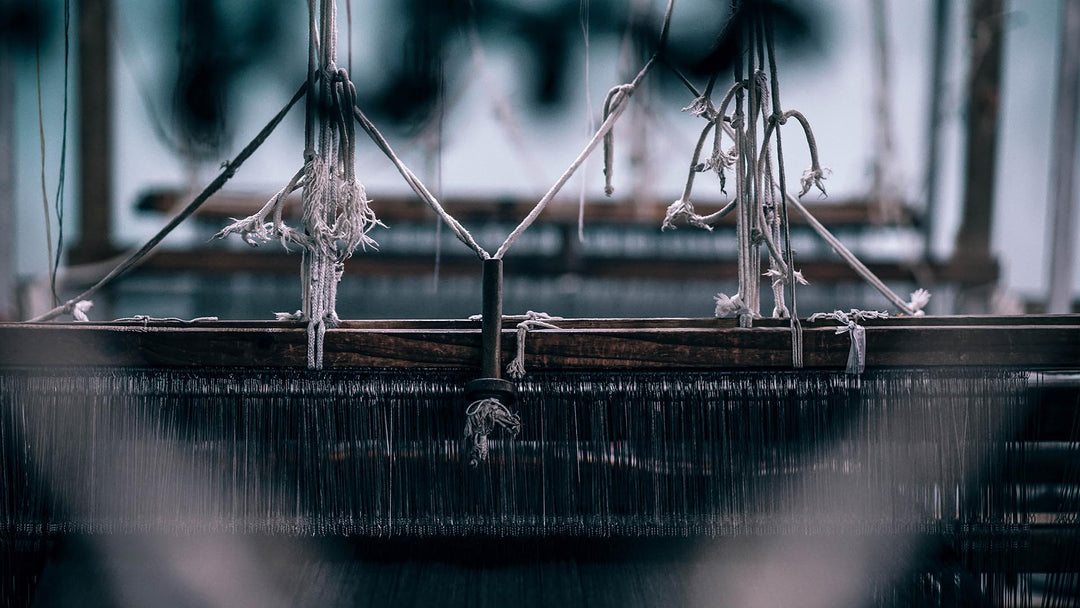OEKO-TEX 100 Ö07-152 & 24-320
Most of Seger's products meet the requirements for Oeko-Tex Standard 100, certificate Ö07-152 or 24-320. This means that the products have been tested for harmful substances and meet high human-ecological standards. The certificate guarantees that the products are safe for both people and the environment and that they are manufactured according to strict environmental and health requirements.
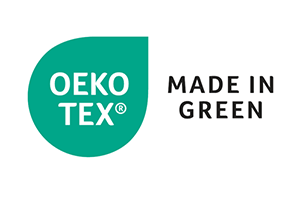
OEKO-TEX Made in Green
We are working hard to certify many of our products according to Oeko-Tex Made in Green. This guarantees that our products are free from harmful substances, that the fabrics are produced in the best possible way for the environment, and that sewing takes place under environmentally and socially responsible conditions. This certification confirms Segers' commitment to sustainability and ensures that our workwear meets strict international requirements for both quality and environmental responsibility.
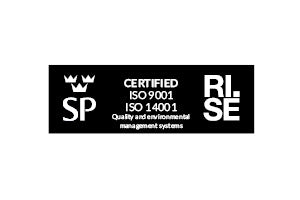
ISO 14001
Segers is certified according to ISO 14001, an international standard for environmental management systems. This certification confirms the company's strong commitment to sustainability and responsibility in its operations. By following ISO 14001, Segers ensures continuous work to reduce the company's environmental impact.

ISO 9001
Segers is certified according to ISO 9001, a global standard for quality management systems. This certifies the company's strong focus on quality assurance at all stages, from development to delivery. With the ISO 9001 certification, Segers demonstrates its commitment to continuous improvement and customer satisfaction.
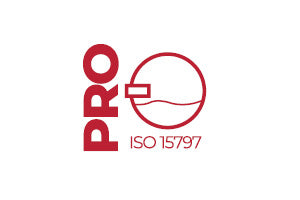
ISO 15797 (Industrial washing)
Segers tests the majority of its products according to ISO 15797, an international standard that describes test methods for workwear subjected to industrial washing and finishing. The test methods provide an indication of how well the products' properties should be maintained after repeated wash cycles.
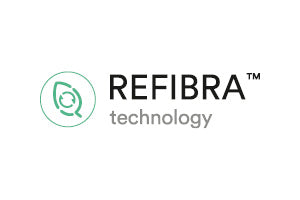
Refibra™ – Sustainable textile recycling
Refibra™ from Lenzing combines recycled cotton waste and wood cellulose to create lyocell fibers in a closed system that uses less water, energy, and chemicals. The technology promotes circular fashion and reduces textile waste, while contributing to a more sustainable textile industry.
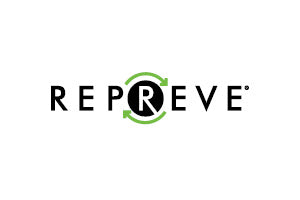
Repreve® – Sustainability in Segers environmentally better collection
Segers uses Repreve® fibers, made from traceable recycled plastic, mainly PET bottles, in their environmentally better alternatives. This innovative material contributes to reduced waste and supports Segers' work for a more sustainable and responsible textile production. Repreve® is certified according to GRS - Global Recycled Standard.
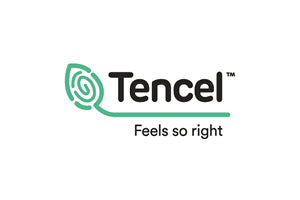
TENCEL™ / LYOCELL FIBER
TENCEL™ is a natural material and serves as a good alternative to cotton. TENCEL™ lyocell is made from cellulose from tree species grown on sustainable plantations. The structure of the fiber allows it to release 50% more moisture than cotton, is especially silky and gentle on the skin, and provides a cool feeling. It is also very resistant to bacteria. The manufacturing takes place in a closed system that uses less water, energy, and chemicals.
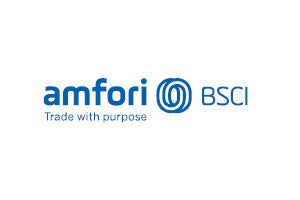
amfori BSCI
Segers has year after year received the highest rating in amfori BSCI's review of our factories, which testifies to the company's long-term commitment to social responsibility and sustainability. This consistent top performance confirms that Segers maintains the highest standards for working conditions, human rights, and environmental responsibility throughout its supply chain. That is what we call sustainability.
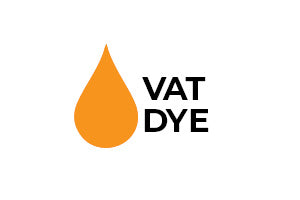
VAT dye
Segers applies VAT dye technology, which guarantees long-lasting colorfastness and the highest possible quality. Through this advanced dyeing method, it is ensured that the textiles retain their intense color, even after repeated washes and tough use required after a shift in a restaurant kitchen.
Striving for 0% air freight
At Segers, we actively work to use as little air freight as possible as part of our logistics and environmental strategy. By prioritizing shipping options other than air, the company's climate impact is significantly reduced, contributing to a more sustainable operation. This choice reflects Segers' commitment to environmentally better solutions and our constant effort to reduce carbon emissions while continuing to deliver high-quality products to our customers. We also strive to use fabric suppliers with warehouses as close to our production facilities as possible for minimal environmental impact and short delivery times of materials.
